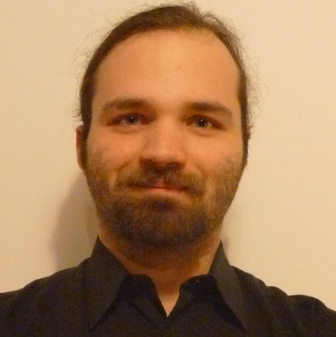MTA Lendület Program
"MTA Lendület" Research Groups

Eötvös Loránd University's educational and research capacity, scientific achievements, and extensive international relationships guarantee high competitive quality. Our University is the most comprehensive scientific base in Hungary; this is demonstrated by the fact that 20% of all Hungarian academics are connected to ELTE.
ELTE's research, development, and innovation (R+D+I) strategy (part of the Institution Development Plan) is available here.
(Translated by AI)
Lendület
MTA–ELTE Critical Point of Quantum Chromodynamics Research Group (2025–2030)
Group leader: Attila Pásztor, Assistant Professor
Faculty of Science, Institute of Physics and Astronomy
Email: attila.pasztor@ttk.elte.hu
The research group studies the phase diagram of strongly interacting matter using lattice field theory methods, with particular emphasis on the search for the critical end point. To map out the phase diagram, it develops three technical innovations: a new discretization of QCD, a novel method based on the density of states, and contour deformation techniques.
MTA–ELTE Research Group on Relativistic Quantum Electrodynamics Methods (2024–2029)
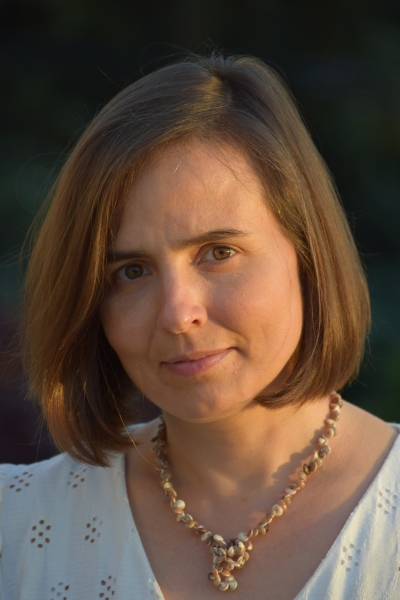 Group Leader: Edit Mátyus, Associate Professor
Group Leader: Edit Mátyus, Associate Professor
ELTE Faculty of Science, Institute of Chemistry
E-mail: edit.matyus@ttk.elte.hu
The aim of this project is to develop computational relativistic quantum electrodynamics (QED) methods for describing atoms and molecules. The theoretical framework is based on relativistic QED propagators and the Bethe-Salpeter equation, which serve as starting points for deriving a relativistic QED wave equation. The goal is to integrate the methodological tools developed over the past century in traditional quantum chemistry into this field. As a result, the seemingly distinct approaches of relativistic quantum chemistry and precision spectroscopy will become interconnected, opening new perspectives for both disciplines.
MTA–ELTE Research Group on Semileptonic Studies at LHCb (2024–2029)
 ELTE Faculty of Science, Institute of Physics and Astronomy
ELTE Faculty of Science, Institute of Physics and Astronomy
E-mail: racha.cheaib@ttk.elte.hu
Marie Curie, NSERC, and DESY fellow Racha Cheaib is now joining the Institute of Physics at ELTE. Previously, she played a significant role in the BaBar (SLAC, USA) and Belle II (KEK, Japan) experiments. With her new research group, she will study the decay of b-quarks in the LHCb experiment, which operates at the world's largest particle physics laboratory, CERN’s Large Hadron Collider (LHC). Her work may shed light on the matter–antimatter asymmetry of the universe and enable the discovery of exotic phenomena beyond the Standard Model of particle physics.
The group also collaborates with the LHCb-Hungary team, led by Associate Professor Biplab Dey, contributing to the development of a fast-timing electromagnetic calorimeter for the Phase II upgrade of LHCb.
MTA–ELTE Research Group on Sustainable Catalytic Processes (2023–2028)
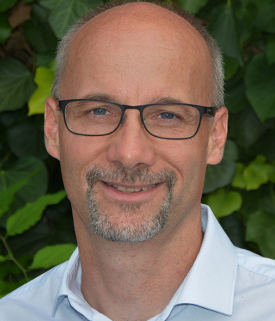
ELTE Faculty of Science, Institute of Chemistry
E-mail: novakz@elte.hu
Tel.: +36-1-372-2500/1608
The research group aims to develop modern, sustainable catalytic methods for the design of pharmaceutical molecules.
MTA–ELTE NewQubit Research Group (2022–2027)
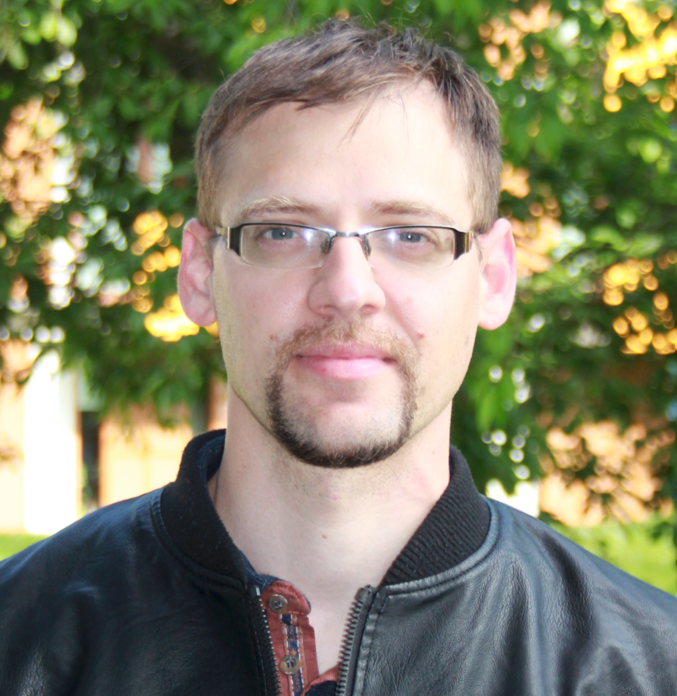 Group Leader: Viktor Ivády, Assistant Professor
Group Leader: Viktor Ivády, Assistant Professor
ELTE Faculty of Science, Institute of Physics
Email: ivady.viktor@ttk.elte.hu
Tel.: +36-1-372-2500/6570
Within this project, researchers will develop various first-principles methods to describe a wide range of physical phenomena observed in complex point defects and molecular qubits. The developed methods will be further utilized in the computational study of novel qubits, supporting the realization of advanced room-temperature quantum technology applications.
MTA–ELTE Vesicular Transport Research Group (2022–2027)
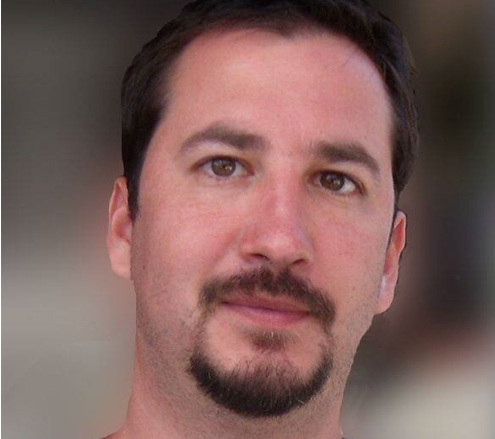 Group Leader: Péter Lőrincz, Assistant Professor
Group Leader: Péter Lőrincz, Assistant Professor
ELTE Faculty of Science, Institute of Biology
Email: peter.lorincz@ttk.elte.hu
Tel.: +36-1-372-2500/8636
The lysosomal system is responsible for the degradation and recycling of extracellular material taken up by the cell (endocytosis) and intracellular components that are damaged or sacrificed during starvation (autophagy). Defects in this system play a role in the development of numerous diseases. The molecular mechanisms underlying the two main pathways leading to lysosome formation are not yet fully understood.
The primary goal of this newly established research group is to characterize and identify novel SNARE complexes of the endolysosomal system, uncover the molecular machinery behind autophagosome motility and secretion, and explore the interactions between autophagic and endocytic pathways. The research will be conducted mainly on Drosophila melanogaster, an ideal model organism for studying lysosome formation. The findings are expected to provide a deeper understanding of how this essential cellular organelle is formed and functions.
MTA–ELTE Interfacial Electrochemistry Research Group (2022–2027)
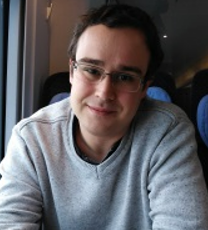
ELTE Faculty of Science, Institute of Chemistry
E-mail: vesztergom@chem.elte.hu
Tel.: +36-1-372-2500/1505, 1527, 1124
Many technologically relevant aqueous-phase electrode processes involve the transformation of hydronium or hydroxide ions, leading to local pH changes near the electrode surface. These changes, in turn, influence the rate and often the selectivity of the electrode reactions.
The project has a dual objective: first, to establish the mathematical foundations for modeling near-surface pH variations, and second, to explore experimental approaches for studying these processes and validating theoretical predictions. This research is not only of significant fundamental scientific interest but also creates opportunities for the knowledge-driven development and optimization of industrial technologies such as CO₂ electroreduction, cathodic hydrogen evolution, and anodic oxygen production.
MTA–ELTE Borel Combinatorics and Complexity Research Group (2022–2027)
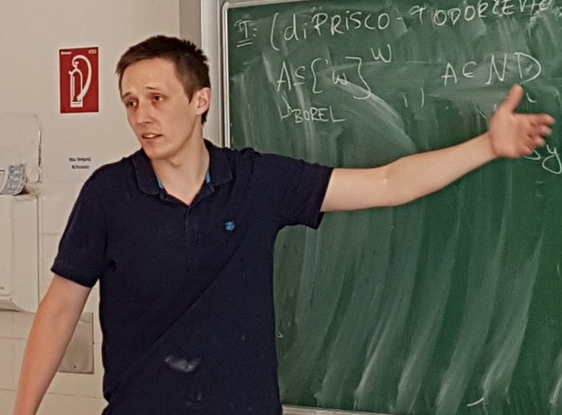
ELTE Faculty of Science, Institute of Mathematics
The project explores recently discovered connections between Borel combinatorics and distributed networks from a descriptive set-theoretic and complexity-theoretic perspective. Additionally, the researchers aim to prove complexity theorems related to hyperfinite graphs and equivalence relations.
MTA–ELTE Matroid Optimization and Discrete Convexity Research Group (2021–2026)
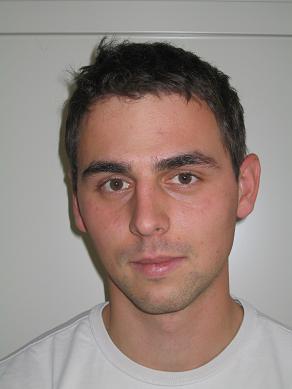 Group Leader: Kristóf Bérczi, Research Fellow
Group Leader: Kristóf Bérczi, Research Fellow
ELTE Faculty of Science, Institute of Mathematics
E-mail: berkri@cs.elte.hu
Tel.: +36-1-372-2500/8582
The project focuses on optimization problems related to matroids, or more generally, discrete convex and concave functions. The research group aims to explore long-standing theoretical conjectures while also applying the obtained theoretical results to practical problems, including inverse and bilevel optimization as well as dynamic pricing.
MTA–ELTE Peptide-Based Vaccines Research Group (2021–2026)
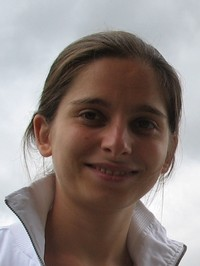 Group Leader: Kata Horváti, Research Fellow
Group Leader: Kata Horváti, Research Fellow
ELTE Faculty of Science, Institute of Chemistry
E-mail: khorvati@elte.hu
Tel.: +36-1-372-2500/1736
MTA–ELTE Companion Animal Research Group (2021–2026)
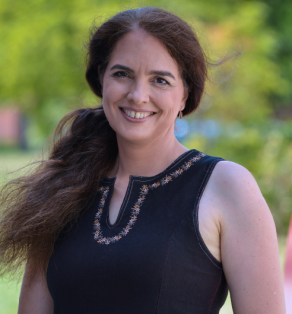 Group Leader: Enikő Kubinyi, Senior Research Fellow
Group Leader: Enikő Kubinyi, Senior Research Fellow
ELTE Faculty of Science, Institute of Biology
E-mail: eniko.kubinyi@ttk.elte.hu
Tel.: +36-1-411-6500/8790
In European households, there are more cats and dogs than children, and pet owners often consider their animals as "family members." This level of anthropomorphization is a relatively new trend, and no comprehensive scientific explanation has been provided so far.
The research group hypothesizes that pet ownership is a cultural runaway phenomenon driven by an innate caregiving instinct, the decreasing number of (kin-related) children to care for, and economic liberation from survival constraints. This trend impacts human social networks, mental and physical health, as well as animal welfare.
The project explores how current breeding and pet-keeping practices influence companion animals' behavior, cognition, brain function, gene expression, and their owners' well-being. With its integrative approach, the research will significantly contribute to advancements in animal welfare, aligning with the "One Health" concept, informing policymakers, and promoting evidence-based pet ownership decisions.
MTA–ELTE Genomes Research Group (2021–2026)
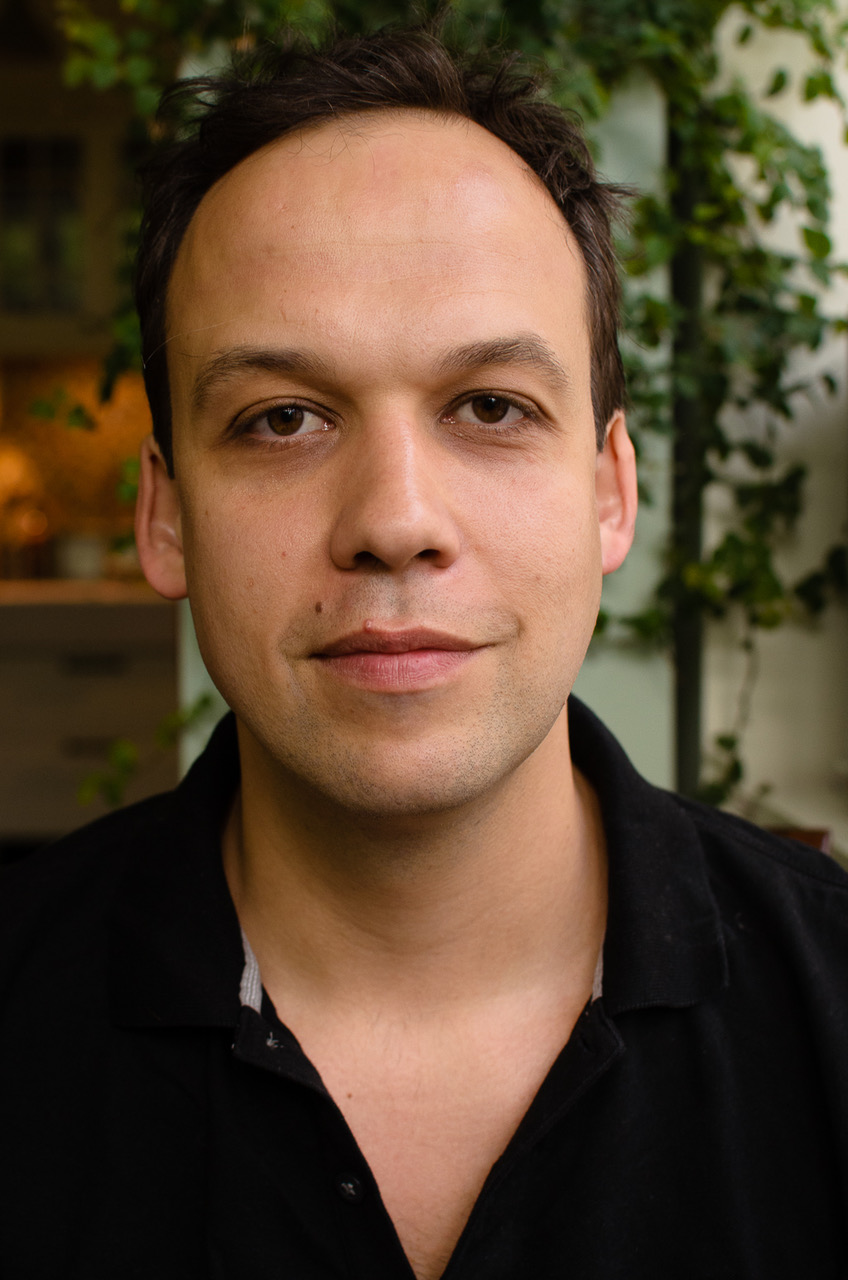 Group Leader: Gergely Szöllősi, Assistant Professor
Group Leader: Gergely Szöllősi, Assistant Professor
ELTE Faculty of Science, Institute of Physics
E-mail: ssolo@elte.hu
Tel.: +36-1-372-2795
The research group develops phylogenetic methods and mathematical models to analyze available sequence data and gain insights into major evolutionary transitions—from the emergence of eukaryotic cells to multicellularity. Their work explores the consequences of these transitions, including aging and cancer, to better understand the underlying evolutionary mechanisms.
MTA–ELTE Integrable Quantum Dynamics Research Group (2020–2025)
Group Leader: Balázs Pozsgay, Research Fellow
ELTE Faculty of Science, Institute of Physics
E-mail: pozsgay.balazs@gmail.com
Tel.: +36 1 463 4179 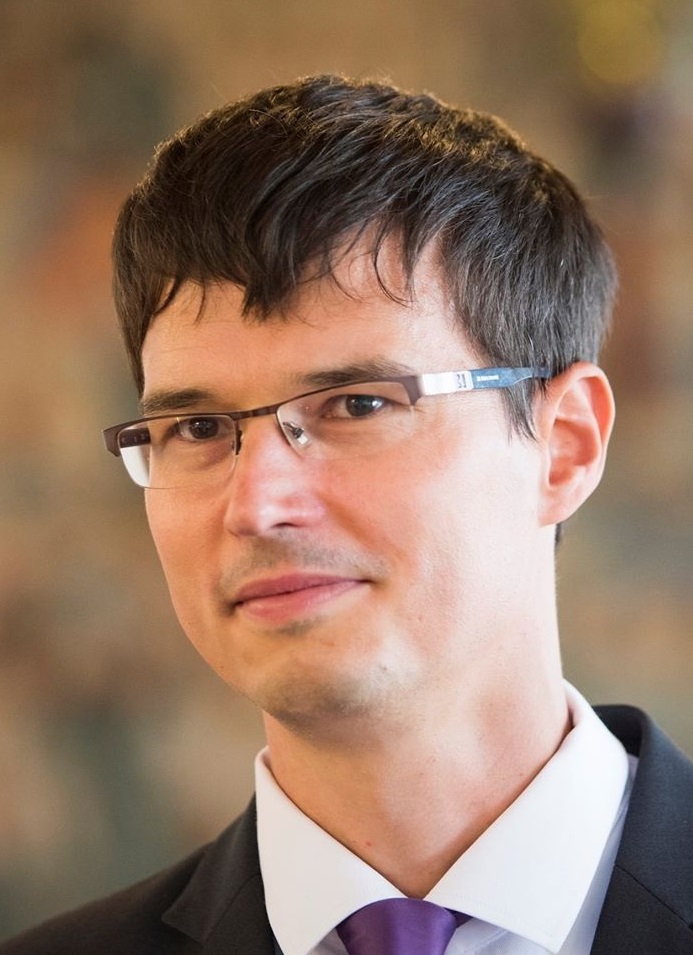
The research group focuses on the dynamics of integrable quantum many-body systems. One of the central questions in modern physics is the study of many-particle quantum systems. While the fundamental laws governing individual particles are well understood, the collective behavior of a system composed of many interacting components can be vastly different. Understanding strongly interacting systems and their dynamics is crucial.
This project is a fundamental research endeavor that connects to multiple areas, including trapped atomic experiments, purely mathematical questions, and another branch of theoretical physics: the AdS/CFT correspondence.
MTA–ELTE Lendület Ion Mobility-Mass Spectrometry Research Group (2020–2025)
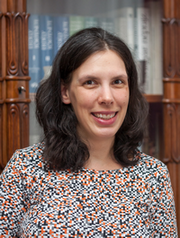
Group Leader: Gitta Vácziné Schlosser, Research Fellow
ELTE Faculty of Science, Institute of Chemistry
E-mail: sch@chem.elte.hu
Tel.: +36 1 372 2500 / Ext. 1415
RESEARCH OF GROUP BEHAVIOR WITH THE USE AND DEVELOPMENT OF INNOVATIVE TECHNOLOGIES (2019-2024)
Head of research group: Máté Nagy research fellow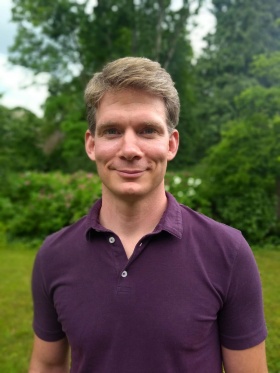
ELTE TTK Institute of Physics
E-mail: nagymate@hal.elte.hu
Tel.: +36-1-372-2500 / 6367
Máté Nagy returned to ELTE from Max Planck Institute for Ornithology to conduct his research on group behavior. The project will focus on how certain animals living in groups implement information gathered from their mates and their own perceptions in group perception, cognition, and decision making. What are the mechanisms resulting in synergic performance surplus leading to the whole group outperforming any given individual of it? The research mainly focuses on the way birds decide on the group's optimal circling speed and turning radius. As the topic is multidisciplinary, the study has two aims: 1. The widening of our knowledge of the behavior of birds by using drones to conduct high-quality measurements. 2. Bioinspiration and the implementation of results into robotic systems. One of the possible innovative results of the project could be the creation of an automated drone utilizing the behavior of birds that could be used for a wide range of operations (fauna monitoring, search and save missions, etc.).
LABORATORY ASTROCHEMISTRY, MOLECULE- AND MATERIAL STUDIES AT LOW TEMPERATURES (2018–2023)
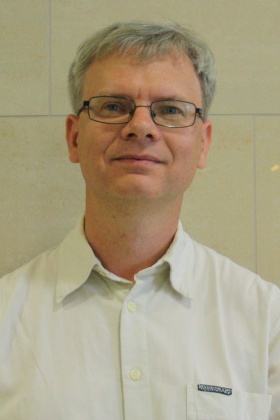 Head of research group: György Tarczay associate professor
Head of research group: György Tarczay associate professor
ELTE TTK Department of Inorganic Chemistry
Email: tarczay@chem.elte.hu
Tel: +36-1-372-2500/6587
In the framework of this project, unique and modern machinery will be built, some of which will be globally unique machinery and experimental realization. The equipment will be used to study the development and spectrum of molecules central to astrochemistry both in gas state and in ice relevant to astrophysics. The project will not only create the groundwork for laboratory astrochemistry, but the planned unique 4 K cryogen machine will provide the opportunity to create special molecules and materials under unusual circumstances.
COMPARATIVE NEUROIMAGING IN MAMMALS (2017-2022)
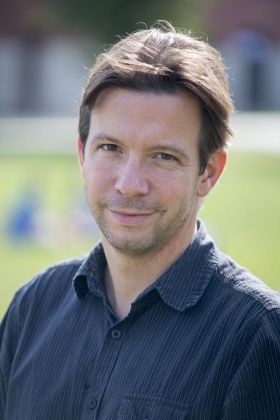 Head of research group: Attila Andics research fellow
Head of research group: Attila Andics research fellow
ELTE TTK Department of Ethology
E-mail: attila.andics@ttk.elte.hu
Tel.: +36-1-411-6500/8898
The project will focus on the role of auditory learning in vocal social processing in dogs, mini pigs, macaques, and humans using behavioral and neuroimaging experiments. The research aims to further our understanding of the development of biological and cultural evolution in human language competence and the supporting sociocognitive competencies.
COMBINATORIAL GEOMETRY (2017-2022)
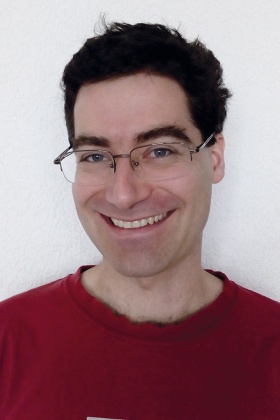 Head of research group: Dömötör Pálvölgyi assistant professor
Head of research group: Dömötör Pálvölgyi assistant professor
ELTE TTK Department of Computer Science
E-mail: dom@cs.elte.hu
Tel.: +36-1-381-21-55
The development of technology led to the emergence of numerous interesting questions in computational and combinatorial geometry. Nowadays, we are surrounded by electronic devices that communicate wirelessly with each other and their environment. The research of partitioning of these geometric networks is the basis for creating better systems, which are more efficient, reliable, and use less energy. The main topic of the research group is the coloring of hypergraphs built on these geometric networks.
MTA-ELTE LENDÜLET HOT UNIVERSE RESEARCH GROUP (2016-2021)
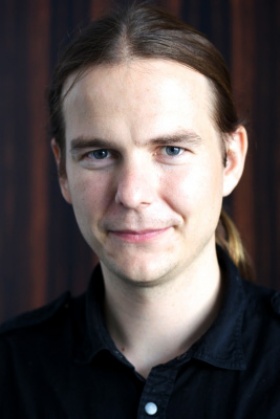 Head of research group: Norbert Werner senior research fellow
Head of research group: Norbert Werner senior research fellow
ELTE TTK Institute of Physics, Department of Atomic Physics
E-mail: norbertw@stanford.edu
Tel.: 36-1-372-2775 (Department of Atomic Physics)
The research group will use new, high-resolution roentgen spectrums and other monitoring data to study the characteristics of the gas that fills the space between galaxies. This information is crucial to understand how the universe has been developing into its current state. The researchers will study the development of galaxies, as well as the black holes they contain. The project will help us understand the development and dissemination of the chemical elements that form us.
MTA-ELTE LENDÜLET EVOLUTIONARY GENOMICS RESEARCH GROUP (2016-2021)
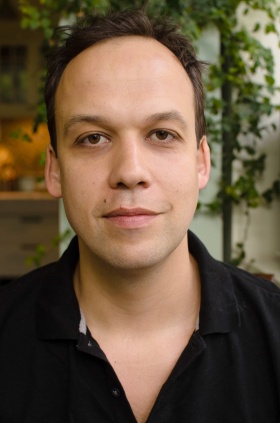 Head of research group: Gegely Szöllősi
Head of research group: Gegely Szöllősi
ELTE TTK Institute of Physics, Department of Biological Physics
E-mail: ssolo@elte.hu
Tel.: 36-1-372-2795 (Department of Biological Physics)
Today the genome sequence of more than a thousand organisms and several dozen tissues' cancerous tumors are known. Revealing and utilizing the information they contain is one of the most exciting challenges of biology in understanding the evolutionary past and in the development of cancer treatment. In recent decades the field of molecular evolution has been developing dramatically: 40 years ago, the three domains of life were discovered with the help of several dozen short RNS sequences, while in recent years, it was proved that 1-4% of the DNA of non-African people has a Neanderthal origin using whole genome sequences, and the outstanding heterogeneity of tumors was discovered. Many believe that we are living in the golden age of molecular evolution research. To fulfill its potential, besides data gathering, a proper methodology for data analysis must be developed. The study aims to create models decyphering whole genome sequences capable of coherently handling the evolutionary processes starting from species diversification several hundred million ago to the formation of tumors.
MTA-ELTE LENDÜLET CHEMICAL STRUCTURE/REACTIVITY RESEARCH GROUP(2015-2016)
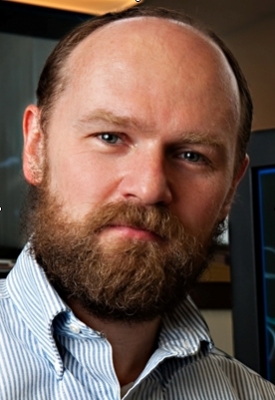 Head of research group: Károly Róbert Szilágyi senior research fellow
Head of research group: Károly Róbert Szilágyi senior research fellow
ELTE TTK Institute of Chemistry
E-mail: robertkszilagyi@gmail.com
Tel.: 36-1-372-2548 (Institute of Chemistry)
Károly Róbert Szilágyi will return from Montana State University to coordinate this project. His main goal is to find connections with practical use between molecular structure and chemical reactivity in biochemical, homogeneous, and heterogeneous reactivity. He wishes to create a scientific base to back the current empirical data using systematic theoretical chemistry, spectroscopy, and experimental approaches, and thus make chemical processes plannable. He wants to establish a wide-ranging domestic and international cooperation with the MTA-ELTE Lendület research group to introduce the XANES and EXAFS synchrotron spectroscopy measurement technology in Hungary, as well as the corresponding experimental and theoretical background. This technology had already been successfully applied in the USA and Japan, and now he will expand it to European laboratories too, with the help of his multinational group. His main goal is to utilize this intercontinental measurement methodology for the tasks mentioned above.
MTA-ELTE LENDÜLET CMS PARTICLE AND NUCLEAR PHYSICS RESEARCH GROUP (2015-2020)
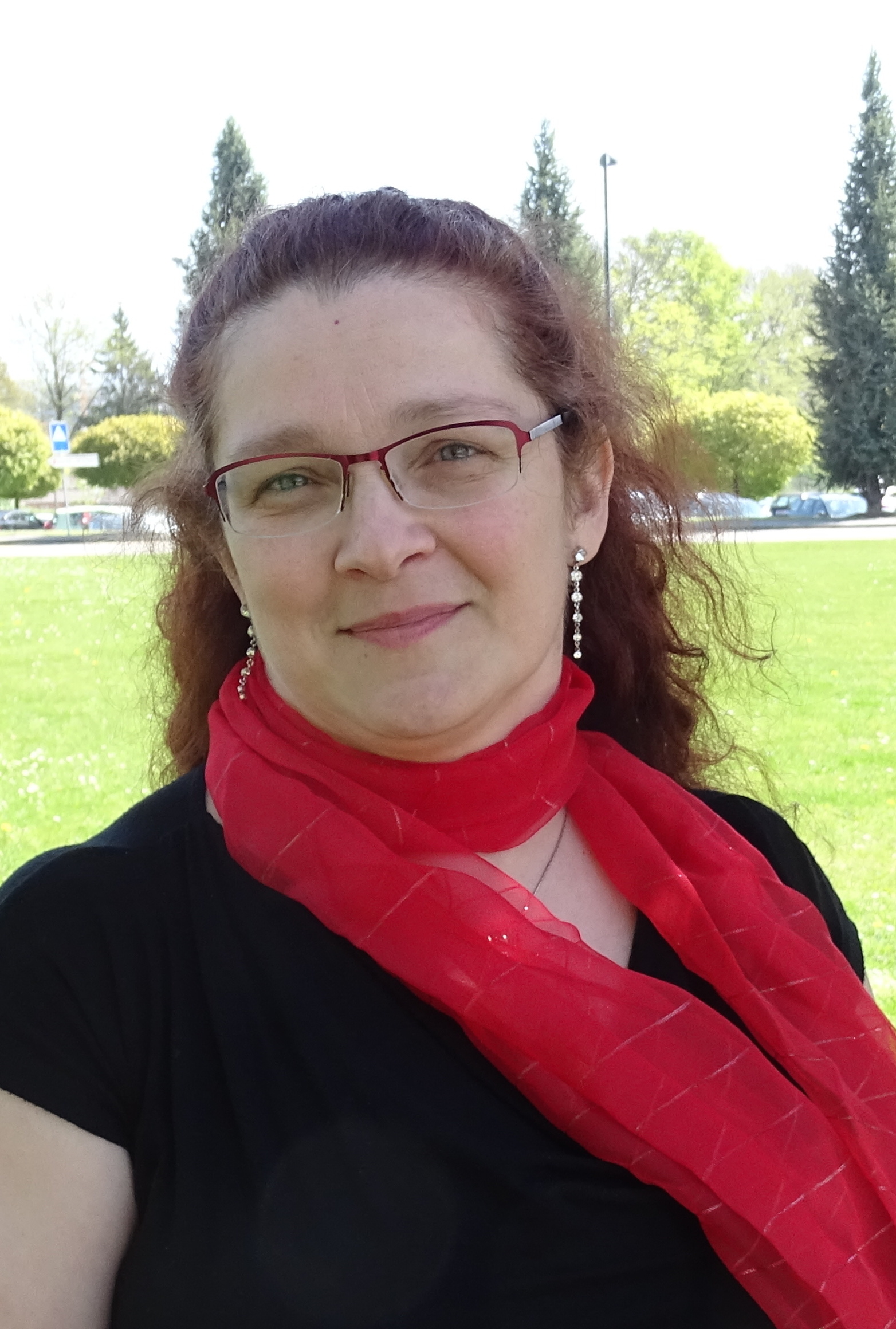 Head of research group: Gabriella Pásztor senior research fellow
Head of research group: Gabriella Pásztor senior research fellow
ELTE TTK Institute of Physics, Department of Atomic Physics
E-mail: gpasztor@caesar.elte.hu
Tel.: 36-1-372-2760, 36-1-372-2500/6335
Gabriella Pásztor returned from CERN, where she was employed by Carleton University (CA) to take part in the Large Hadron Collider's (LHC) prestigious international program focusing on the field of high energy physics. In the framework of the project, the particle and nuclear physics research group will join in the LHC CMS experiment. They aim to analyze the Standard Modell and its basic supporting theory and characterize the quark-gluon plasma; the hot and dense matter coming into existence after the Big Bang. The data of LHC already led to groundbreaking results in the first year of its operation. The discovery of the Higgs boson crowned the efforts aimed at completing the Standard Modell and explaining elementary particle mass. Gabriella Pásztor and her group will continue exploring the secrets of elementary particles and quarks through the study of LHC data based on higher collision energy.
MTA-ELTE LENDÜLET BIOINFORMATICS RESEARCH GROUP (2014-2019)
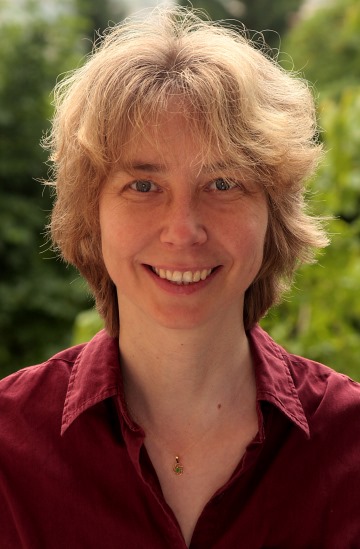 A kutatócsoport vezetője Head of research group: Zsuzsanna Dosztányi senior research fellow
A kutatócsoport vezetője Head of research group: Zsuzsanna Dosztányi senior research fellow
ELTE TTK, Institute of Biology, Department of Biochemistry
E-mail: dosztanyi.zsuzsanna@ttk.mta.hu
Tel.: 36-1-372 2500/8537
Zsuzsanna Dosztolányi's main scientific interest lies in proteins, more specifically, the unorganized proteins lacking an apparent configuration. The research group aims to study the interactions of linear motives responsible for connecting to other molecules located on the unorganized parts of the proteins using experimental and computer-based methods, combined with data linked to different diseases. This research can provide an insight into fundamental biological processes, advance the understanding of the molecular basis of certain diseases, and lead to the development of new medicine molecules. Dosztányi expects that the project will not only allow her to expand her previous bioinformatics research on unorganized proteins to exciting new directions but can help in the strengthening of bioinformatics programs as well, which play an ever-bigger role in medical and biological research.
MTA-ELTE LENDÜLET CATALYSIS AND ORGANIC SYNTHESES RESEARCH GROUP (2012-2017)
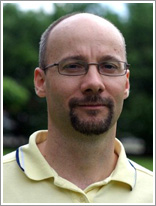 Head of research group: Zoltán Novák assistant professor
Head of research group: Zoltán Novák assistant professor
ELTE TTK Institute of Chemistry, Department of Organic Chemistry
E-mail: novakz@elte.hu
Tel.: 36-1-372-2500/1610
The group has been conducting its research in ELTE's Institute of Chemistry since the September of 2007. They mostly work on developing organic chemical modifications and on the synthesized application of target molecules with different biological effects. The main focus of the research is the development of aromatic and heterocyclic compounds and their functionalization through transition metal catalysts, with a particular emphasis on the synthesis of fluorine compounds that have enormous importance in medicine. This research contributes significantly to the understanding and advancement of certain fields of organic chemistry. Moreover, the newly developed chemical modifications can be applied in the synthesis of drugs. For this reason, our research group has been working closely with Servier Pharmaceutics Institute and taking part in its organic chemistry experiments aimed at the development of medicine for cancer therapy. The group also works together with Richter Gedeon pharmaceutical company scientists to analyze the medically significant characteristics of molecules created in the laboratory.
MTA-ELTE LENDÜLET LATTICE FIELD THEORY RESEARCH GROUP (2012-2017)
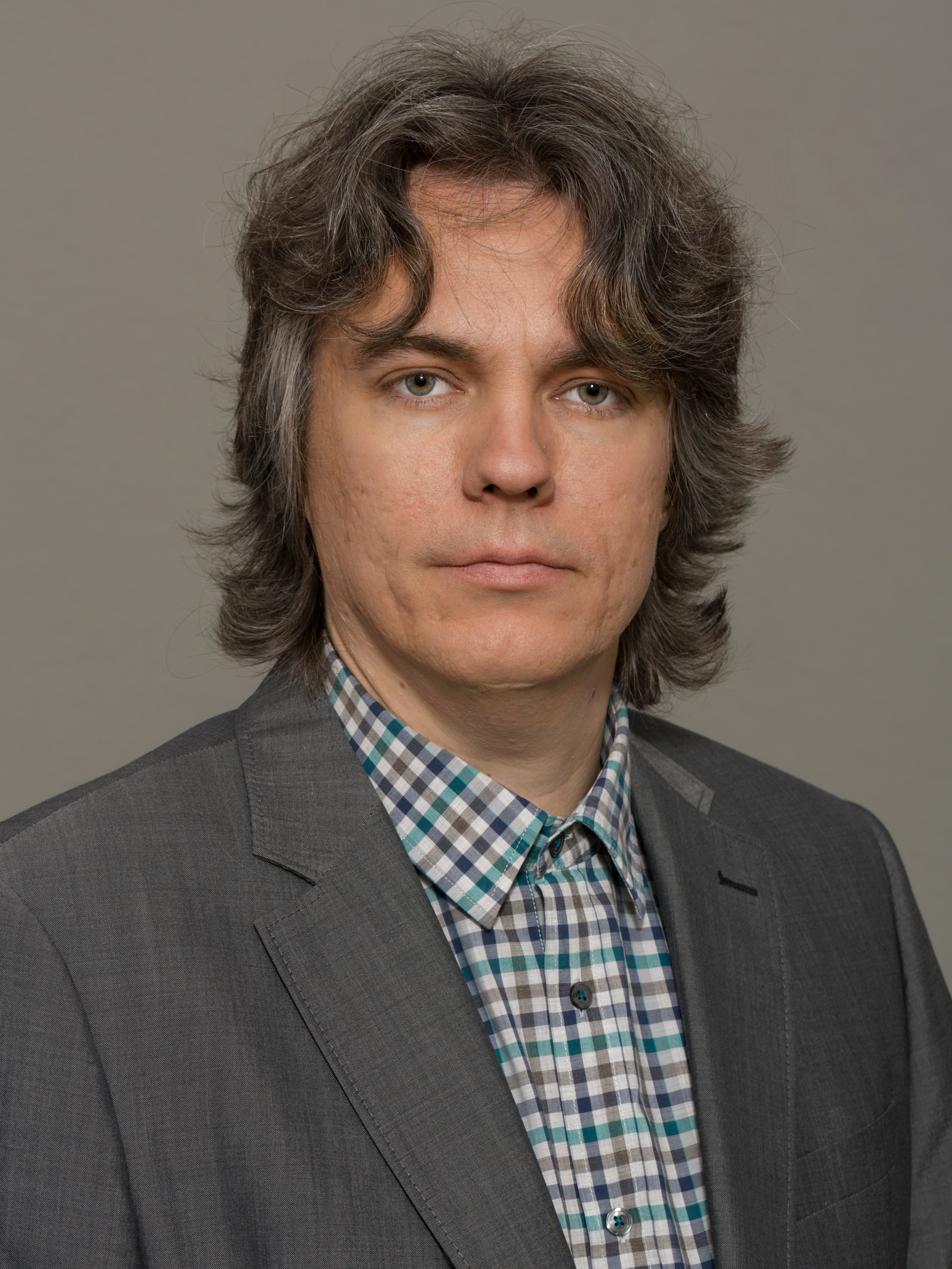 Head of research group: Professor Sándor Katz, member of the Hungarian Academy of Sciences
Head of research group: Professor Sándor Katz, member of the Hungarian Academy of Sciences
ELTE TTK Institute of Physics, Department of Theoretical Physics
E-mail: katz@bodri.elte.hu
Tel.: 36-1-372-2747, 36-1-372-2500/6247
For Sándor Katz Lendület means continuity. His research group established a few years ago, continues its project with new members at Eötvös Loránd University. They aim to accurately measure the characteristics of the transition between protons, neutrons, and quark-gluon plasma. Their results can contribute to the most fundamental laws of our world, while the unique computer infrastructure used for computing can also be utilized for other scientific fields.
MTA-ELTE LENDÜLET COMPLEMENT RESEARCH GROUP (2012-2017)
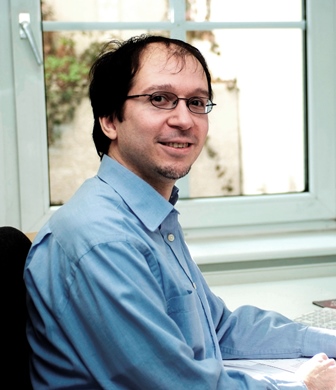 Head of research group: Krisztián Mihály Józsi senior research fellow
Head of research group: Krisztián Mihály Józsi senior research fellow
ELTE TTK Institute of Biology, Department of Immunology
E-mail: mihaly.jozsi@freemail.hu
Tel.: 36-1-381-2175 (Department of Immunology)
Mihály Józsi, the head of the research group established in 2012, returns to Hungary after ten years in Germany. In the framework of the project, he is studying factor H, a regulator of the complement system with colossal importance for protection against pathogens. Operational problems of the complement system play a role in the development of several diseases, for example, macular degeneration; a condition that causes blindness at old age, or severe kidney failure. Mihály Józsi expects that through the research group's work, they will be able to gain new insights on the causes of the development of certain diseases and the possibilities to cure them.
MTA-ELTE EIRSA LENDÜLET ASTROPHYSICS RESEARCH GROUP (2012-2017)
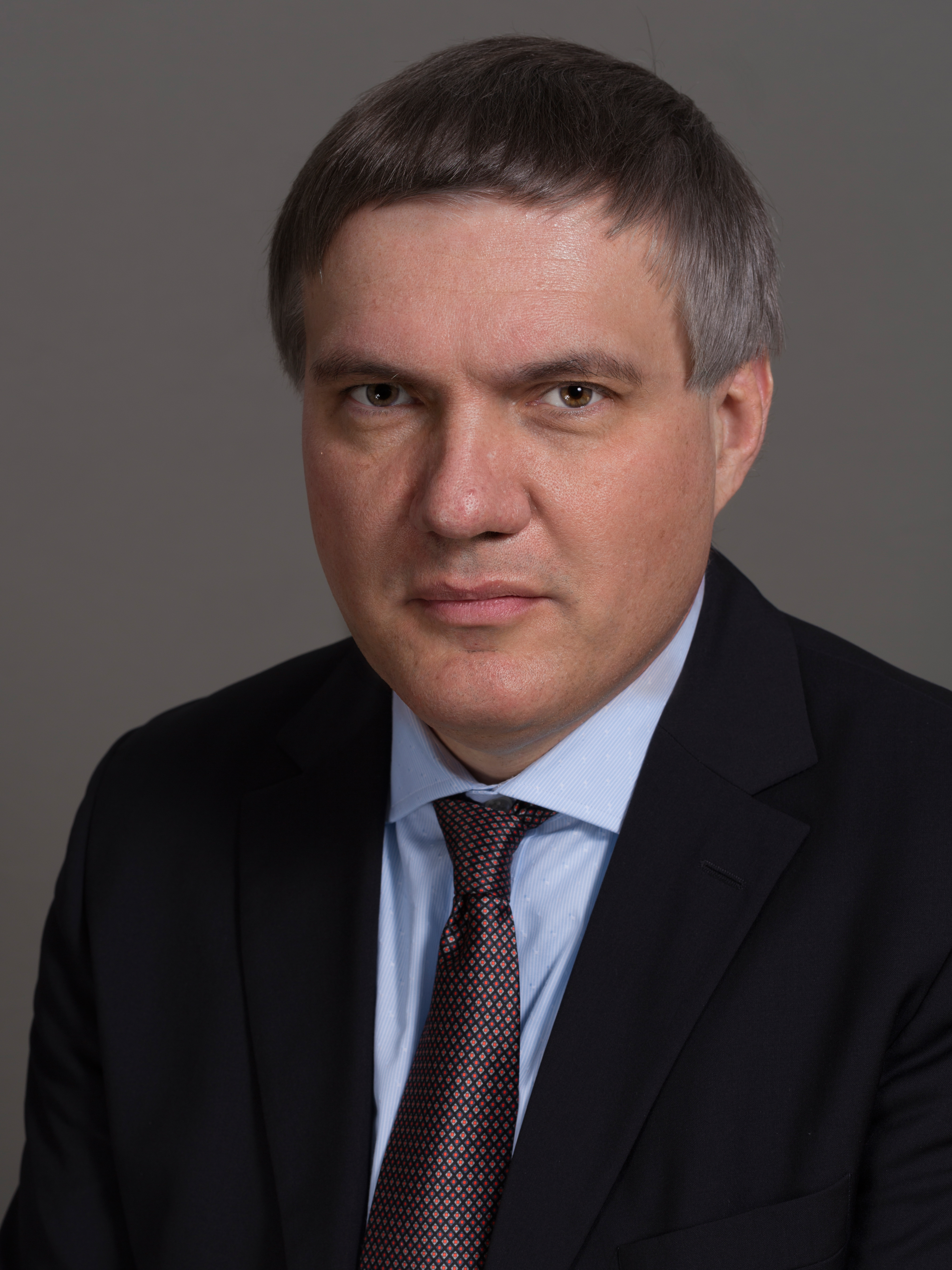 Head of research group: Professor Zsolt Frei
Head of research group: Professor Zsolt Frei
ELTE TTK Institute of Physics, Department of Atomic Physics
E-mail: frei@alcyone.elte.hu
Tel.: 36-1-372-2767, 36-1-372-2500/6317
The astrophysics research group at ELTE's Institute of Physics has been dynamically developing since the early 2000s. The Eötvös International Research School in Astrophysics (EIRSA) joined the Laser Interferometer Gravitational-wave Observatory (LIGO) project in 2007 and the Panoramic Survey Telescope and Rapid Response System (Pan-STARSS) sky mapping project in 2013. In 2012, Professor Zsolt Frei, the head of the research group, received a grant in the framework of the Lendület program as well. Senior lecturer Péter Raffai leads the data analysis of the Eötvös Gravity Research Group (ERGC). The group aids all activities of LIGO Scientific Collaboration (LSC): equipment building for the noise reduction of LIGO detectors, supervision of LIGO detectors during data collection both at the stations and remotely, maximization of detection and processing of gravitational wave signals through source modeling and the development of a signal detection program. EGRG created the galaxy catalog that LSC uses to spot the source galaxies of the detected signals. ERGC also helps find the optimal location of detectors to be built (including the LICO detector planned to be built in India). The Hungarian website of LSC is developed by ERGC as well. The first detection of gravitational waves – announced on February 11, 2016 – was a milestone in both physics and astronomy: it confirmed one of the important predictions of Albert Einstein's 1915 general theory of relativity, and it established gravitational wave astronomy as a new scientific field.
MTA-ELTE LENDÜLET DINOSAUR RESEARCH GROUP (2011-2016)
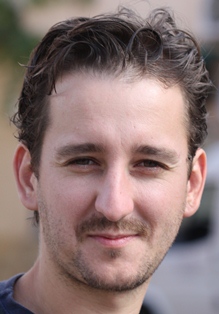 Head of research group: Attila Ősi senior lecturer
Head of research group: Attila Ősi senior lecturer
ELTE TTK, Institute of Geography and Earth Sciences, Department of Geology
E-mail: hungaros@gmail.com
Tel.: 36-1-372-2500/8003
The research group works on the consistent excavation of the dinosaur site of Iharkút, as well as the paleontological geographic, anatomic, and bone histological study of vertebrate fauna in the framework of the Lendület program. Attila Ősi became famous after discovering an eighty-five million-year-old dinosaur species in an excavation in Bakony as part of the Paleontological Research Group of the Hungarian Academy of Sciences and the Hungarian Natural History Museum. The work that had already been going on for more than a decade gained international attention, and the young scientist published his article in Nature, which fundamentally reshaped our knowledge of the paleontological geography of European vertebrates. Before Ősi's publication, the last piece from a Hungarian paleontologist was published in 1975 in the prestigious journal. The significance of Ősi's discovery can be compared to that of the discovery of the hominid at Rudabánya in that year. "Lendület offers a long-term opportunity to get to know the world of eighty-five million years ago better, as well as to disseminate the results of the research to the international scientific community." – said Attila Ősi. He adds that expanding Lendület to universities makes it easier to involve students in both theoretical and fieldwork.
MTA-ELTE LENDÜLET MOTOR ENZYMOLOGY RESEARCH GROUP (2011-2016)
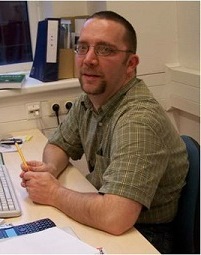 Head of research group: Professor Mihály Kovács senior research fellow
Head of research group: Professor Mihály Kovács senior research fellow
ELTE TTK Institute of Biology, Department of Biochemistry
E-mail: mihaly.kovacs@ttk.elte.hu
Tel.: 36-1-372-2500/8401
Professor Mihály Kovács's research focuses on motor enzymes responsible for DNA structure modification and genome maintenance. Before returning to ELTE's Department of Biochemistry, he worked in the United States between 2002 and 2005. In the framework of Lendület, the research group aims to explore the connection between speed, effort, energetical efficiency, and macroscopically detectable genetic and evolutionary processes of enzymes. Research of motor enzymes can lead to the understanding of the development of certain diseases and the development of special inhibitors. Another application can be the creation of nanomotors that can be used to develop chips, nano switches, and other nanotechnology.
MTA-ELTE LENDÜLET BIOPHYSICS RESEARCH GROUP (2011-2016)
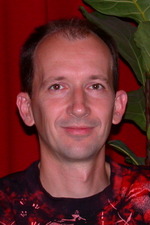 Head of research group: Professor Imre Derényi
Head of research group: Professor Imre Derényi
ELTE TTK, Institute of Physics, Department of Biophysics
E-mail: derenyi@elte.hu
Tel.: 36-1-372-2500/6366
The research group focuses on biophysics; a new, internationally determinative scientific field. Molecular motor proteins are responsible for a significant portion of biological movements, from molecular delivery processes inside a single cell, through cell division, to the contraction of muscles. Their accurate recognition has significance not only in medicine but in technology as well. In the center of Professor Derényi's research lies kinesin, one of the most well-known motor proteins. With his group, he created a kinetic model that accurately demonstrates the complex behavior of these proteins in experiments. Another cornerstone of the research is the study of the structure and dynamics of lipid membranes. Living cells are surrounded by these membranes that often have complex topography and take part in several interactions. Understanding lipid membranes and motor enzymes sheds light on the normal working of organisms, which is essential for the development of new medicines.
Other research groups
BIG DATA – DATA SETS
Contact:
Professor István Csabai
Tel.:+36-1-411-6500/6576
E-mail: csabai@elte.hu
Professor Csabai’s research focuses on the statistical analysis of big datasets that can aid the understanding of complex phenomena. His previous research covered a wide range of scientific disciplines, such as statistic physics, astronomy, or bioinformatics, as these are fields where a significant amount of data can be gathered with the emergence of new technologies. Utilizing his previous results, his current project focuses on the analysis of social and monetary networks, as well as cancer genetics data. Regarding the latter field, Professor Csabai is the Hungarian coordinator of several European grand projects focusing on it.


